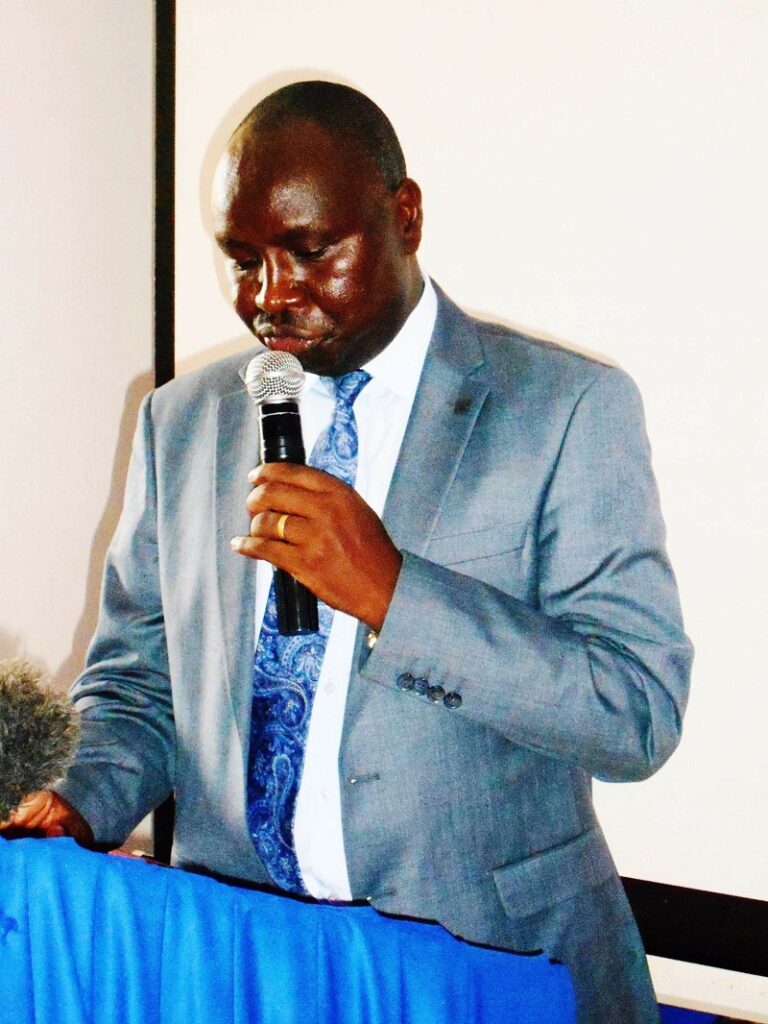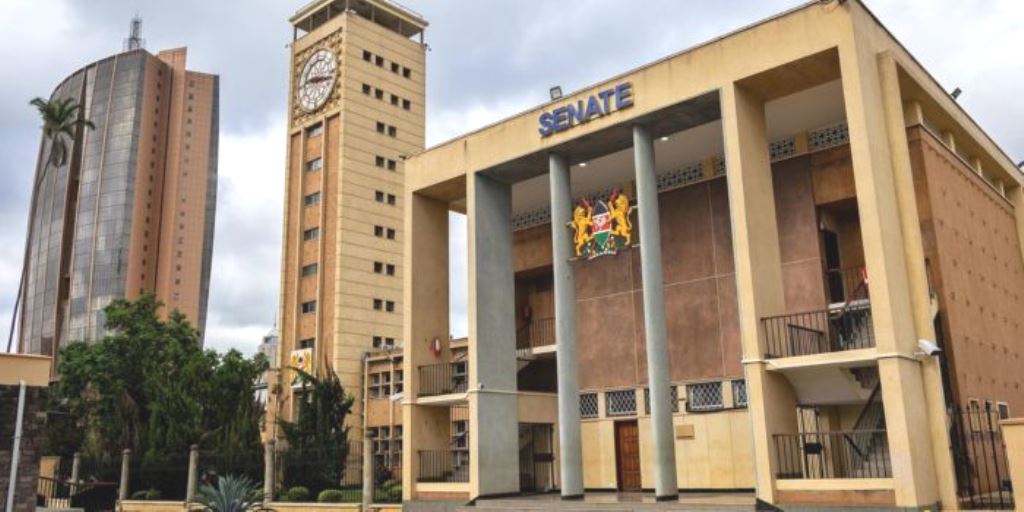By Roy Hezron
Kenya’s Technical and Vocational Education Training Authority (TVETA) and Rwanda Technical and Vocational Education Training Board (RTB) have formed a technical team to develop a structured model on how the two state organs can work together for the benefit of the Technical and Vocational Education Training (TVET) sector.
The technical team which was formed during a virtual meeting at TVETA head offices will also develop a short to medium and long-term operational plan to guide the course of action for the collaboration and also organize study tours between the two countries to benchmark on the best practices in TVET.
The delegations from the two countries were led by TVETA Director General Dr. Kipkirui Langat and RTB Director General Mr. Paul Umukunzi.
The team is also expected to formulate an exchange programme for the trainers and trainees from both countries.
Additionally, the team will create a system for the exchange of expertise in various areas amongst them Standards, Curricula development and Information and Communication Technology (ICT) with focus on establishment of smart classrooms and digitization of training content.
The Ministry of Education 2020 data presented by RTB at the meeting revealed that Rwanda has 366 TVET schools, 8 Integrated Polytechnic Regional Colleges, 9 private polytechnics and 5 special academies offering specialized skills. 85,587 TVET trainees are enrolled in these institutions and there are 4,834 trainers.
Kenya on the other hand has 12 national polytechnics, 1,049 Technical and Vocational Colleges and 946 Vocational and Technical Centres offering training from approved examination bodies. The total enrolment in Kenyan TVET institutions is approximately 450,000 trainees.
In a different occasion, TVETA called upon Kenya’s TVET institutions to admit more trainees with disabilities.
During a recent accreditation of TVET institutions by TVETA, the authority realized that many institutions are not prepared to admit Persons with Disabilities (PWDs) because they are not responsive to their needs.
So far, there are four technical institutions that cater for this group. These institutions include St Joseph’s Technical Training Institute for the Deaf-Nyang’oma, Machakos Technical Institute for the Blind, Karen Technical Training Institute for the Deaf and Sikri Technical and Vocational College for the Blind.
The authority noted that in a bid to mainstream and have inclusiveness in TVET, there is need to make the institutions responsive to PWDs.
Some of the requirements needed to enhance disability responsiveness include; entry criteria, training courses and materials, assessment, building the capacity of the TVET workforce, working with stakeholders, on-going support to inclusion, providing reasonable accommodation, monitoring and allocation of resources.







